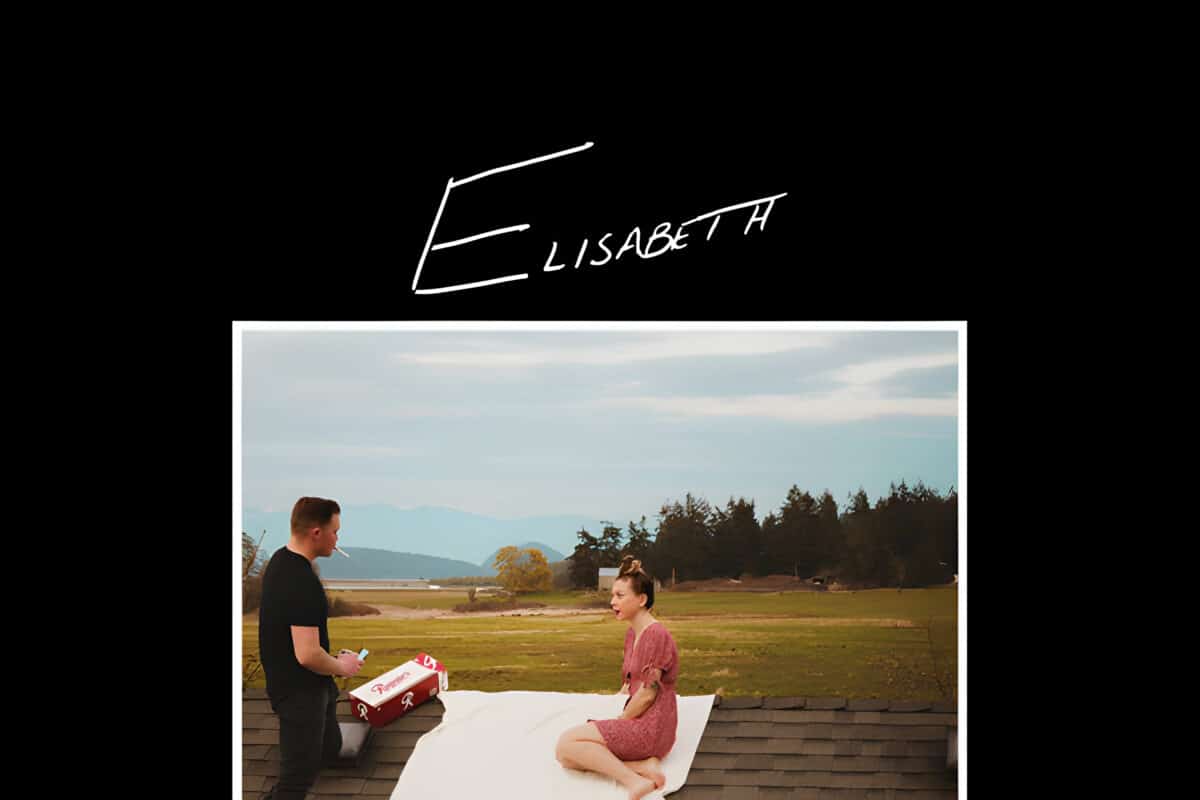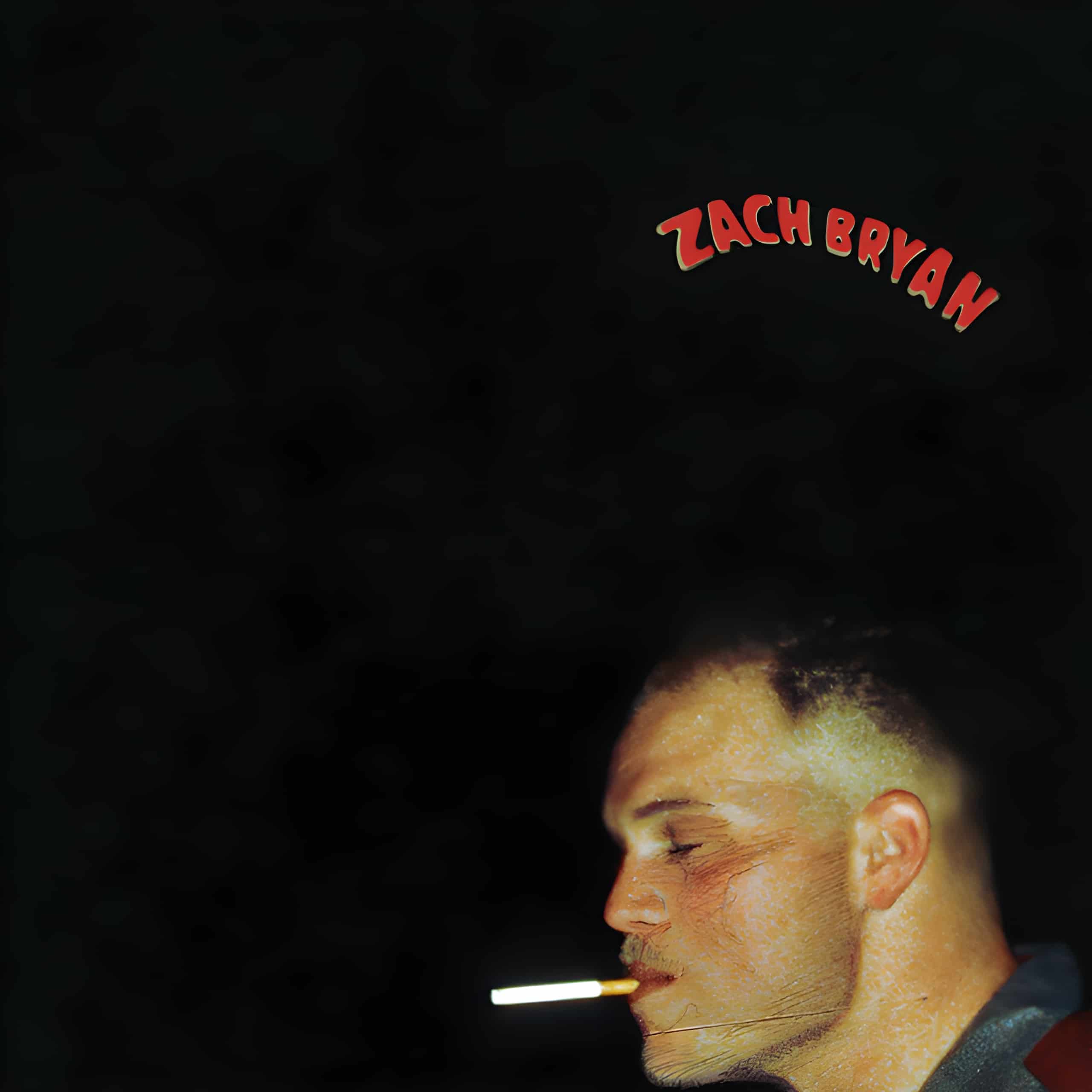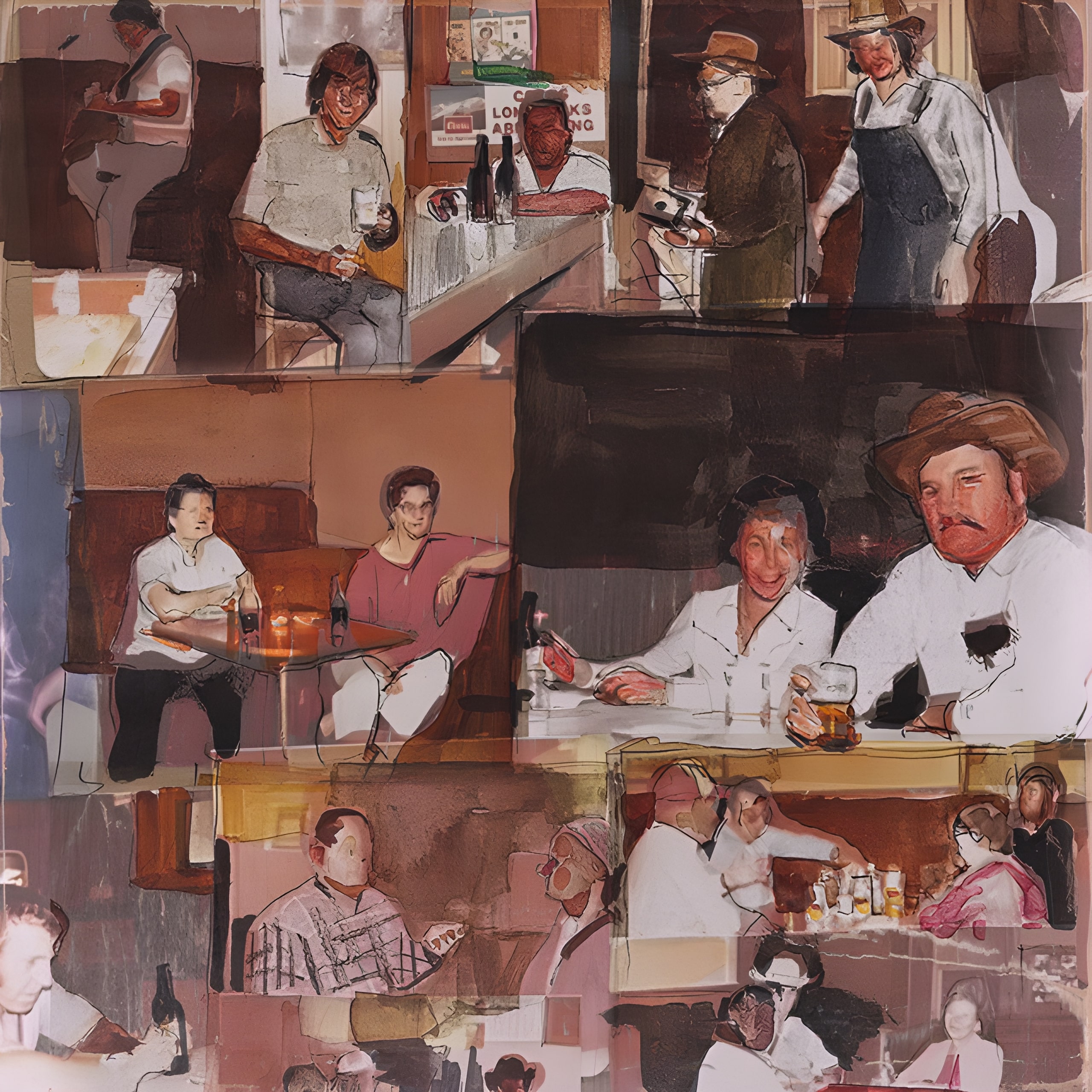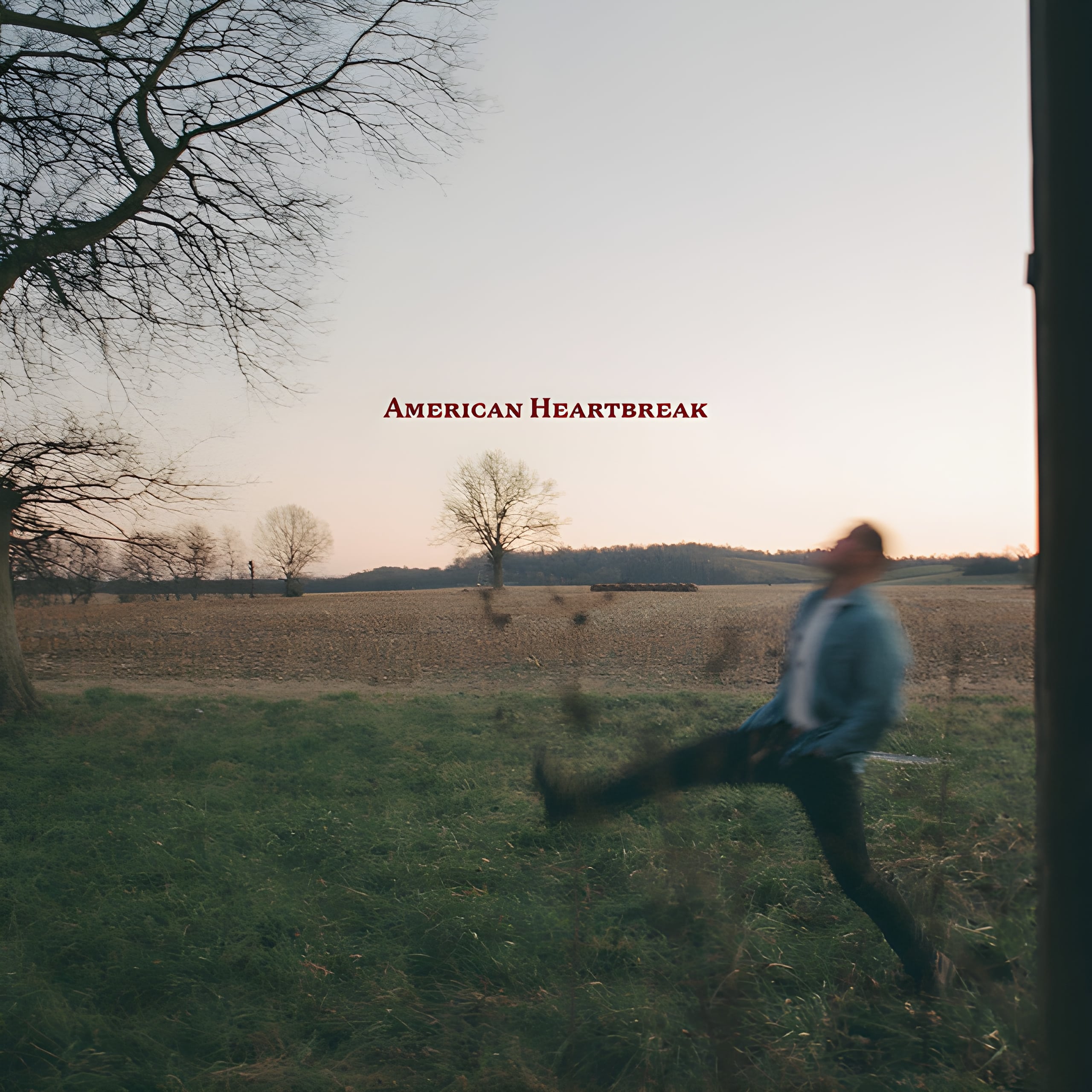Released: 2020
“Revival” by Zach Bryan packs a powerful punch of redemption and communal healing, wrapped up in the gritty textures of folk and Americana. It’s a call to arms for those with heavy hearts and troubled pasts, essentially saying, “Let’s confront our demons together, with a bit of whiskey and the legends of country music to guide us.”
The song kicks off with an invitation to gather and confront personal shame and sorrow, as Zach pledges to use his voice to scream at the gods about their wrongdoings. The reference to Merle and the line “mama tried but the prison still won” nods to the classic country song “Mama Tried” by Merle Haggard, underlining the idea that despite our best efforts or intentions, sometimes our struggles and the system overcome us. This sets a tone of shared burdens and the search for redemption.
The chorus introduces the concept of an “all night revival”, blending religious imagery with the not-so-sacred. Calling for the women and stealing bibles suggests a rebellion against conventional methods of salvation, while “Baptize me in a bottle of Beam and put Johnny on the vinyl” pays homage to Johnny Cash and suggests finding solace and redemption through music and drink, rather than traditional religious means. This mix of the sacred and profane carries a message: salvation and redemption can be found in the communal experience of music, shared struggles, and the cathartic release it provides.
Zach Bryan mentions talking to the devil but also to God at the rising sun, illustrating the ongoing battle between good and evil within himself, a theme as old as rock and country music itself. This line about “coming down but now I’m talking to you” suggests that through this all-night session of music, confession, and perhaps a bit of whiskey, there’s a chance for starting anew or at least facing the next day a little lighter.
In essence, “Revival” isn’t just a song; it’s a cathartic experience. It acknowledges the power of music — specifically, the raw honesty of country legends like Johnny Cash and Merle Haggard — to heal, to unite, and to offer a sense of redemption. It’s a modern hymn for the wayward, blending traditional religious motifs with the sacred rituals of rock and Americana: gathering, confessing, and finding salvation in the strums of a guitar and the crackle of a vinyl record.








